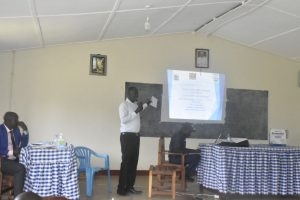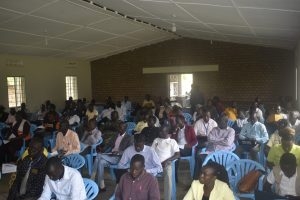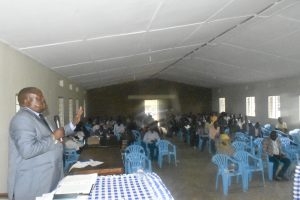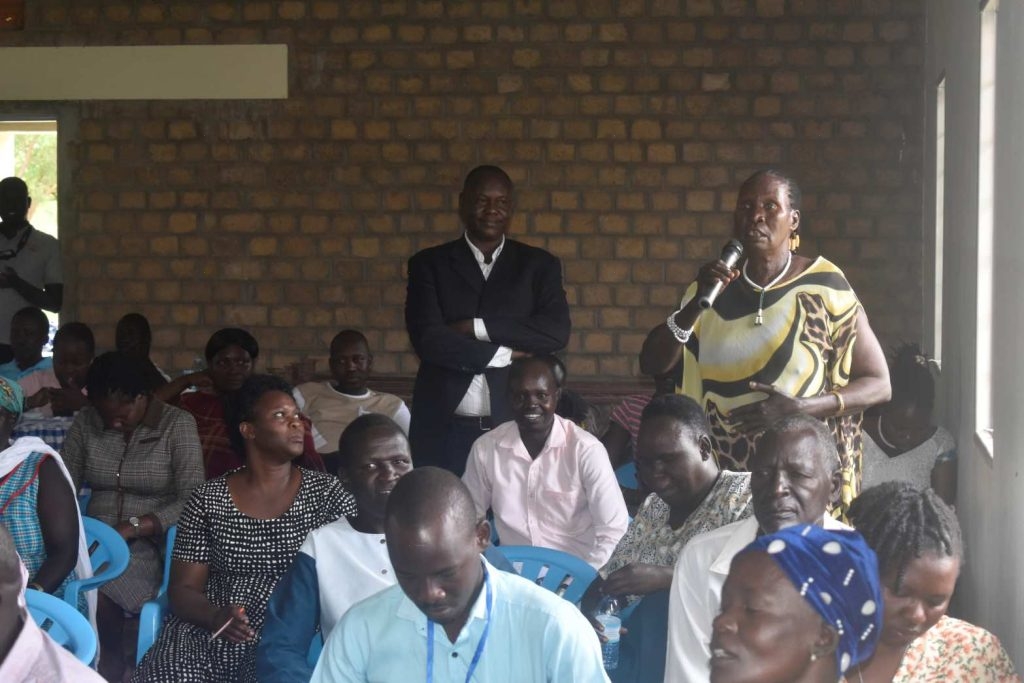By Richard Onapatum
Kotido, Uganda- The Gender Relations, Opportunities, and Women’s Empowerment (GROW) project, a nationwide initiative aimed at economically and socially empowering women, has left Kotido District locals disillusioned. Despite a two-phase disbursement launch, no beneficiaries have been identified in the district, sparking concerns about project implementation.

The GROW project, launched to address gender inequality and promote women’s economic empowerment, has been hailed as a game-changer. However, its implementation in Kotido District tells a different story. Locals, particularly women entrepreneurs, are yet to feel the project’s impact.
District Community Development Officer Emmy Brian Etuko expressed frustration during the budget conference. “A missing link exists between the district and banks disbursing GROW loans,” he stated. Etuko noted clear implementation guidelines remain unavailable despite the project’s launch.

The project’s objectives are ambitious: improve financial access, enhance entrepreneurial skills, promote gender-sensitive policies, and foster community engagement. However, these objectives remain unfulfilled in Kotido.
Challenges Facing GROW Project:
– Lack of Implementation Guidance: Unclear guidelines hinder effective project rollout.
– Missing Link: Disconnect between district officials and banks disbursing loans.
– Limited Access: Funds fail to reach intended beneficiaries in Karamoja region.
– Unfair Distribution: Banks prioritize officials’ relatives for loan access.
Experts argue that the project’s success hinges on effective collaboration between stakeholders. “GROW’s impact will be minimal without a cohesive implementation strategy,” noted a development expert.

As Kotido District awaits clarity on project implementation, locals remain hopeful the GROW project will eventually benefit them. Effective project implementation is crucial to empowering women and promoting economic growth in the region.
The GROW project’s success in other districts underscores the potential benefits for Kotido. However, addressing the current challenges is essential to achieving meaningful impact.
In conclusion, the GROW project’s failure to reach Kotido beneficiaries highlights the need for improved implementation strategies and stakeholder collaboration. Addressing these challenges will unlock the project’s potential, empowering women and promoting economic growth in the region.


